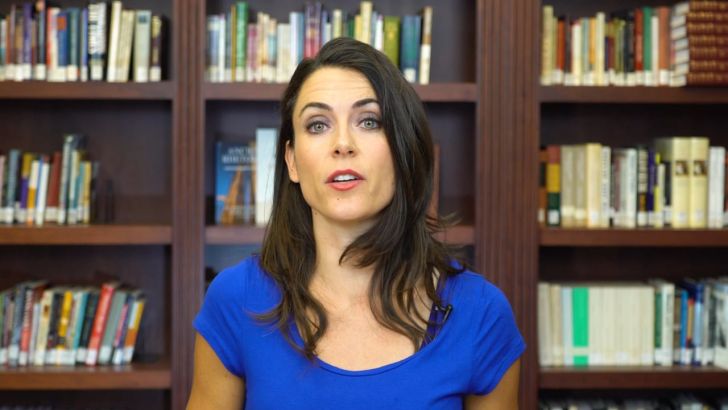Preparing Students for "the Real World"
We live in uncivil times (and I'm not even talking about war or terrorism). Consider the opening monologue at last night's Golden Globes, or how a mention of Star Wars: The Last Jedi in a crowd might actually require The Force to make it out alive.
We live in uncivil times, and our kids take note of our reasoning, perspective, and tone in navigating them. This is the opportunity we have to shape their virtues and help them find their voices by way of all that is true, good, and beautiful. And now, more than ever, classical Christian education offers help in the midst of the milieu.
In December, we unveiled an 8-minute video, "Redeeming Rhetoric," outlining our passion and purpose in training students to "articulate with charity" - a stated part of our Petra Academy mission.
On the Friday before Christmas Break, I gave a 30-minute address to our 7th-12th graders on "Magnanimity" as the solution to our problem of incivility.
And on January 20, we look forward to co-sponsoring with our friends at Americans for Prosperity Foundation and Bridge to Wellbeing, actor Fred Morsell's one-man performance of "Presenting Frederick Douglass." Morsell, as Douglass, shows how he learned to read and write, making it clear that learning these skills were his keys to becoming free.
Anyone who says classical Christian education doesn't prepare students for "the real world" isn't being honest about what "the real world" requires. Consider this - "The Future of Democracy" - published by The National Endowment for the Humanities:
“If this is the work of citizenship, what intellectual resources do we need to carry it out? To make judgments about the course of human events, and our government’s role in them, surely we need history, anthropology, cultural studies, economics, political science, sociology, and psychology, not to mention some of the tools of math (especially for the statistical reasoning necessary for probabilistic judgment) and science, because governmental policy does intersect with scientific questions.
If we are to make judgments about the core principles or values that should orient our judgments about what will bring about our safety and happiness, surely we need philosophy, religion or the history of religion, and literature. Then, since the democratic citizen does not make his or her judgments alone, or proceed to execute them as a solitary Prince Valiant, we need the arts of conversation, eloquence, and prophetic speech. Preparing ourselves to exercise these arts surely takes us back again to literature, and also to the visual arts, art history, film, and even music. In other words, we need the liberal arts. They were called the free person’s arts for a reason."
Barely a week into 2018 and almost halfway through the school year, let's recommit ourselves to teaching and training our students all that God has provided for what "the real world" requires. As we work together on behalf of our kids, I believe they will not be found lacking.




